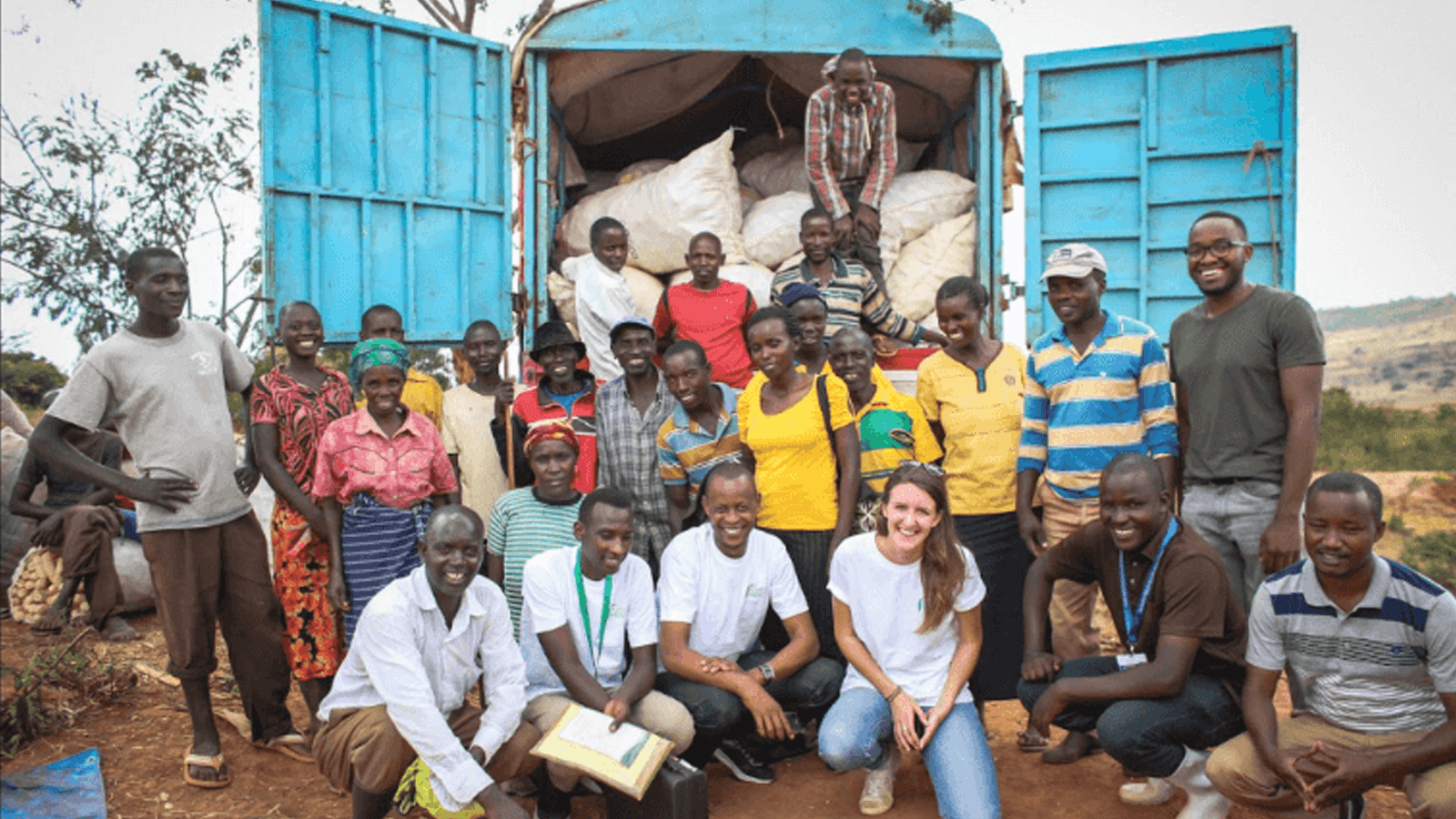
Social Impact Internship: Kumwe Harvest
I joined INSEAD after spending a few years in corporate roles in consulting and insurance. For the two-month summer break, I knew that I wanted to try something different. When I saw the posting about a position at Kumwe Harvest on CareerGlobe I knew that I had found the right opportunity for me.
Kumwe Harvest was started as a social enterprise to support local small-holder farmers in Rwanda and enable them to supply high-quality maize to local agri-businesses. The status quo post-harvest process in Rwanda is lengthy, undertaken by individual farmers with limited infrastructure and geared for subsistence. Poor post-harvest practices have led to long-standing quality issues, primarily the presence of aflatoxins – poisonous carcinogens that are prevalent in poorly handled grain. Up to 90% of the maize supplied by these small-holder farmers to local agri-processors is rejected with significant negative social and economic consequences for the farmers.

This opportunity appealed to me for multiple reasons. I was curious to learn more about the agriculture industry as I believe it will hold increasing prominence in the future as the world struggles to feed all its people.
In addition, I have always had entrepreneurial aspirations and this role would provide me with the opportunity to learn about what it takes to start and run a business in this industry while improving the welfare of all stakeholders involved.
Coming in my key role at Kumwe Harvest was to design a scalable payments system that would enable the company to disburse payments to thousands of rural farmers who supplied it with maize many of whom were unbanked. As I came to learn soon after I started my internship, a stable and predictable workload is not one of the perks of working at a start-up. I ended up getting involved in multiple areas of operation including running our processing facility which employed up to 100 people, designing and building temporary and mobile maize storage facilities and ensuring timely payments to the farmers.

This experience was an eye-opener for me in terms of my entrepreneurial ambition and from a personal growth perspective as well.
Even though it was a young company, Kumwe had a very strong philosophy of making data-driven decisions. This philosophy informed the design of all its systems to enable the comprehensive collection of data and frequent formal and informal analysis of the data to track progress. I had expected such rigour to only exist in mature corporates, so it was good to realize that it is not only present but is perhaps even more necessary in the case of a fast-growing young company with limited resources.

Being in Rwanda also meant living under a different socio-political environment than the conventional “popular democracies” that I had been exposed to. Rwanda has been aggressively making efforts to transform its economy, to maintain a strong sense of law and order while drawing inspiration from its cultural heritage. One example of these initiatives that struck me was Umuganda; a day of mandatory community service held on the last Saturday of each month. Each adult participates in communal activities including planting trees, cleaning the neighbourhood etc. This reinforces a sense of national unity while ensuring the upkeep of the communal environment. Umuganda serves as an example of one of the ways that Rwanda is innovating on its form of government to match the local context. The business community seems to appreciate these efforts as Rwanda is recognized as the second easiest country to do business in Africa.

I am grateful for the INSEAD Social Impact Award that enabled me to pursue this opportunity. It helped me get a sense of what it takes to start and run a business in agriculture which is in-line with my personal ambitions. I also have a richer perspective on how business can be used to foster positive change.




